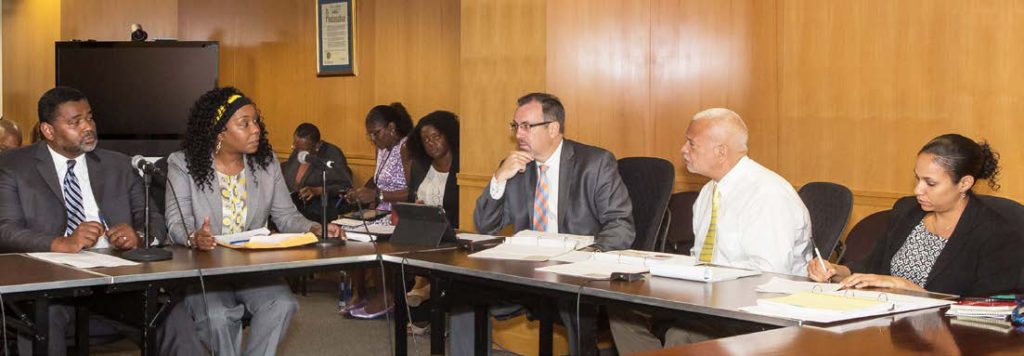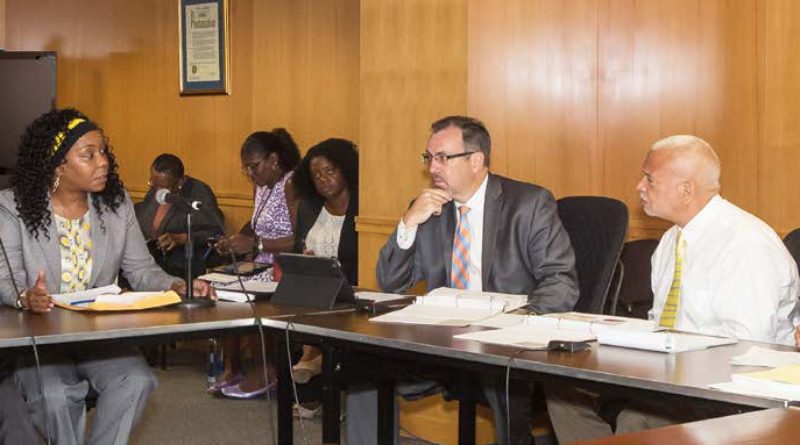Hello…NYCHA Calling

“Hello. This is the New York City Housing Authority. We’re calling to remind you that your rent and other charges are due on the first of the month. Our records indicate that you have an overdue balance…”
Beginning in August, the first round of “robocalls” went out to residents with rent and other charges in arrears at Mott Haven Houses and Sack-Wern Houses. Residents at Jefferson Houses with outstanding balances received automated payment reminder letters instead; residents at Brownsville Houses received both robocalls and rent reminder letters.
These efforts are part of a pilot driven by the Rent Collection Task Force to test the effectiveness of new tools and approaches. Results of Pilot 1 will be compared to similar developments that received no special notifications. Based on the results, the Authority will decide whether to implement these tools NYCHA-wide.
In addition to new tools, a second pilot will launch in the fall to test the benefits of supportive services and early intervention; and new, more convenient rent payment options will be tried in the winter. The task force will conduct a formal assessment of the initiative’s success in the spring.
The Rent Collection Task Force began meeting in the last quarter of 2014, and improving rent collection was included as a strategy in NextGeneration NYCHA to support the “Fund” goal. One aspect of the group’s early work facilitated by NYCHA’s Enterprise Program Management Office (EPMO) was to “document the current rent collection working process, identify deficiencies, and envision a whole new process that addresses some of the shortcomings of the existing process, not only to collect rent but to address arrears,” recalled EPMO director Roger Kavanagh. This challenging project involved the efforts of 13 subject matter experts from seven departments who worked to create, review and approve changes to the payment processes.
There’s a lot riding on the result. “Thirty percent of NYCHA’s total revenue — approximately $1 billion— comes from rent collection and fees,” said Lillian Harris, Director of the Management Services Department and project director for the initiative. “Rent collection is part of our core operation as a landlord. As our only revenue source not subject to uncertain Congressional appropriations, it is important that we focus on rent and fee collection to maximize our revenue.”
NYCHA has already begun mailing rent statements earlier in the month and has redesigned the resident rent statement and property managers’ rent collection report to more clearly indicate what is owed, what has been paid, and relevant deadlines. The ultimate goal of the Rent Collection Task Force and new payment collection process is to raise NYCHA’s rent collected by $30 million annually, said Karina Totah, Senior Advisor to the Chair, who is overseeing the implementation of NextGeneration NYCHA initiatives and has been informing residents and community members about NextGen NYCHA for quite some time. “The rent payment rate varies widely among boroughs and developments,” she noted.
By the end of 2014, NYCHA was owed more than $56 million in total back rent and fees. A total of 32,000 households (out of NYCHA’s 176,000 households) are currently one month behind in rent and 22,000 are several months behind.
The increased revenue NYCHA gains from a higher rent collection can fund additional staff and supplies to maintain and upgrade residents’ homes — a point that should further motivate residents to pay their rent on time.







